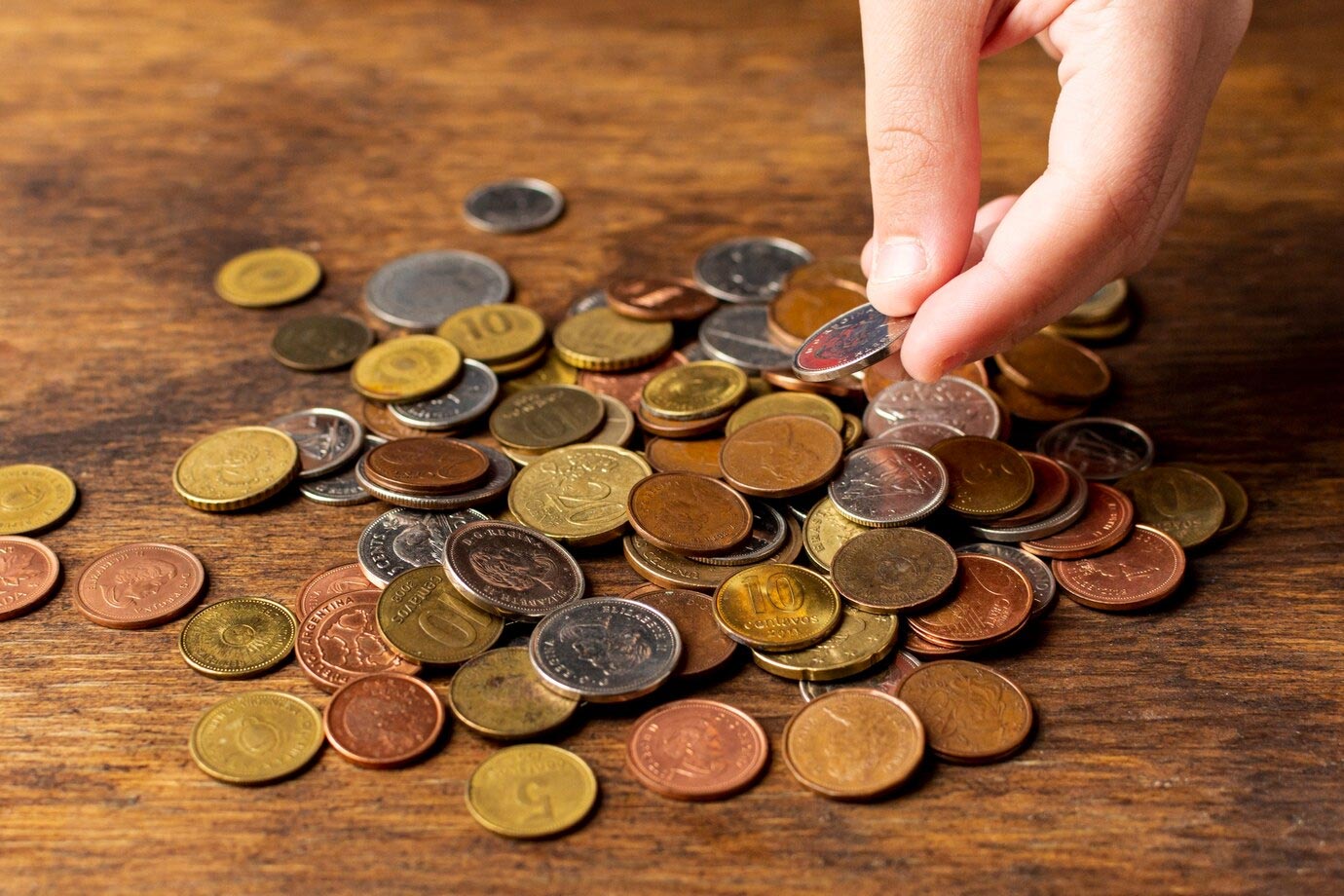Discovering Silver Coins for Sale Near You
Silver coins have fascinated collectors and investors for centuries. Their historical value and precious metal content make them highly sought after. Whether you are a seasoned collector or a newbie, exploring local options can be rewarding. Many start by searching for silver coins for sale near me. This journey can lead you to various sources, each with unique offerings.
Understanding the Value of Silver Coins
Silver coins hold intrinsic value beyond their face value. Their worth primarily depends on three factors: the silver content, rarity, and historical significance. Silver prices fluctuate based on market demand and supply. You can track spot prices to understand these changes.
1. Silver Content
Silver coins are often composed of a percentage of silver alloyed with other metals. Pre-1965 U.S. silver coins, for example, contain 90% silver. Knowing the silver content helps in calculating the bullion value.
2. Rarity
Rarity significantly influences a coin’s value. Minting errors, low production numbers, or specific historical periods can make a coin rare. Collectors often seek out rare coins for their uniqueness.
3. Historical Significance
Coins from a specific era or with notable historical connections can be more valuable. Coins with historical themes, such as commemorating events or figures, often appeal to history enthusiasts and collectors alike.
Where to Find Silver Coins Locally
Finding silver coins near you involves exploring different types of vendors. Each offers varied advantages and potential pitfalls. Be informed to make the best purchasing decision.
1. Coin Shops
Local coin shops provide a tactile experience. You can inspect coins up close before purchasing. Owners often possess extensive knowledge, offering insights on coins you might be interested in. Always verify the shop’s reputation. Reviews and recommendations are good indicators of reliability.
2. Antique Stores
Antique shops may stock silver coins, often as part of miscellaneous collections. Such stores might have unique pieces not found in typical coin shops. Keep an eye out for discounted finds. Prices can vary widely, so having a basic understanding of coin values helps in making informed decisions.
3. Flea Markets and Collectible Shows
These venues often feature dealers selling silver coins. It’s an opportunity to find good deals or rare coins. You can also network with other collectors and dealers. Inspect coins carefully, as conditions in these places may not always be ideal for precious metals.
4. Private Sellers
Sometimes individuals may sell coins privately. Classified ads, community boards, and word of mouth are common methods for finding private sales. Transactions here can yield bargains, but they come with higher risks. Ensure authenticity with a professional appraisal if possible.
Evaluating and Buying Silver Coins
Purchasing silver coins requires careful examination. Avoid overpaying or buying counterfeit pieces with a few simple steps.
1. Authenticity
Authenticate coins before purchase. Genuine coins often have distinctive weight, dimensions, and sound. A professional grading service can provide authenticity certificates. Knowledge of common counterfeits in the market is useful for new collectors.
2. Condition
Coin condition affects its value. Grading services classify coins into categories based on wear and imperfections. Higher-grade coins command better prices. Familiarize yourself with the grading terms such as MS (Mint State) or PR (Proof).
3. Market Trends
Stay updated on market trends for silver. Prices can fluctuate daily. Websites and financial news outlets provide current spot prices. Understanding market trends helps in making buying or selling decisions.
4. Comparing Prices
Before purchasing, compare prices between different sellers. Online price guides and databases offer benchmarks for what to expect. Do not hesitate to negotiate. Dealers often have room for price adjustments, especially on bulk purchases.
Networking and Building Your Collection
Successful coin collecting involves community and continued education. Engage with others who share your interests.
1. Joining Clubs and Associations
Coin clubs provide a platform for learning and networking. Members can have access to club auctions or exclusive sales. Associations often host informative events with expert speakers.
2. Attending Trade Shows
Trade shows bring many dealers under one roof. They are perfect for seeing a wide variety of coins in one place. Learning opportunities abound with scheduled workshops or seminars. Always carry a budget and know your limits at such events.
3. Leveraging Online Resources
Use online communities and forums to connect with other enthusiasts. Websites and social media groups offer insights and discussions about new finds or market developments. Educational content online can help improve your knowledge and appreciation for coins.
Treasured Finds: Historical and Unique Pieces
In your search, you may come across coins with fascinating backgrounds. Understanding some historically significant coins can guide your collecting focus.
1. Morgan and Peace Dollars
The Morgan Dollar, minted from 1878 to 1904 and again in 1921, is a collector favorite for its classic design. The Peace Dollar, first struck in 1921, signified America’s post-World War I hope. Both offer historical context that adds to their charm.
2. Walking Liberty Half Dollar
Produced from 1916 to 1947, this coin is known for its artistic design. Adored by collectors, it has inspired modern coin designs, such as the American Silver Eagle.
3. World Silver Coins
Beyond the U.S., many countries have silver coins with unique designs and stories. Coins from the British Commonwealth or older European silver pieces can add diversity to a collection. Their international appeal broadens the scope for collectors.
Responsible Collecting Practices
As with any investment, responsible practices ensure a sustainable and rewarding collecting experience.
1. Budgeting
Set a budget and stick to it. Coin collecting can be addictive, and it’s easy to overspend. Decide on an amount that reflects your financial comfort level and collecting goals.
2. Secure Storage
Store your coins properly to preserve their condition. Use acid-free holders to prevent tarnishing. Secure safes or bank deposit boxes provide protection against theft or damage.
3. Documentation
Maintain detailed records of your collection. This includes purchase receipts, certificates of authenticity, and grading reports. Documentation aids in processing sales and appraisals.
Local exploration for silver coins can uncover hidden gems and offer a wealth of learning experiences. Whether you’re hobnobbing at coin shows or analyzing prices at local shops, the journey is as rewarding as the coins themselves.

